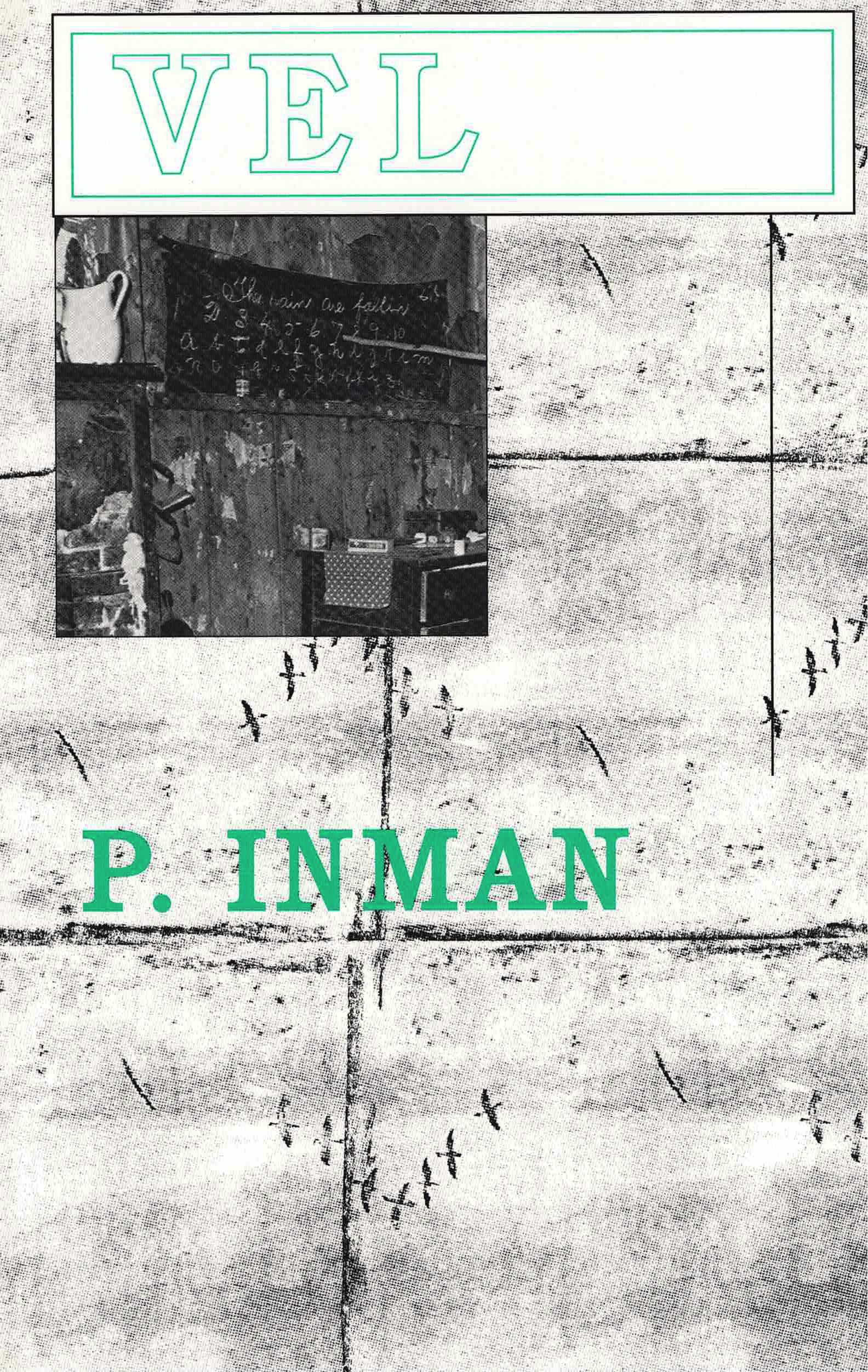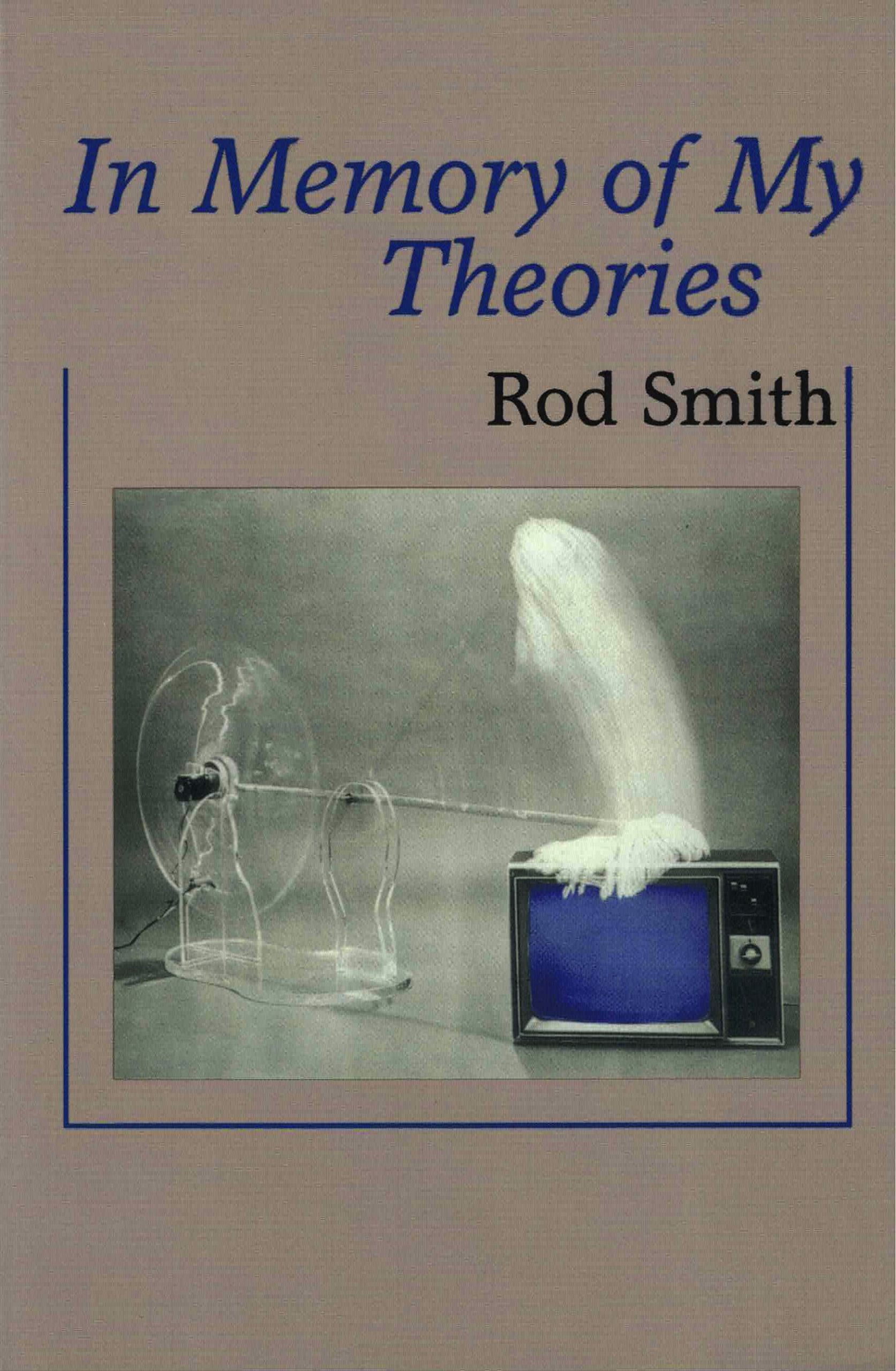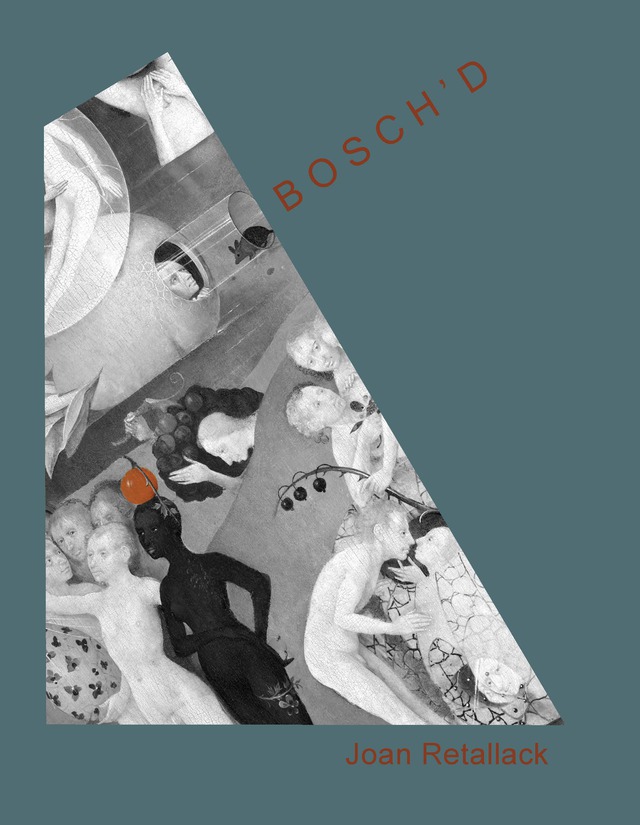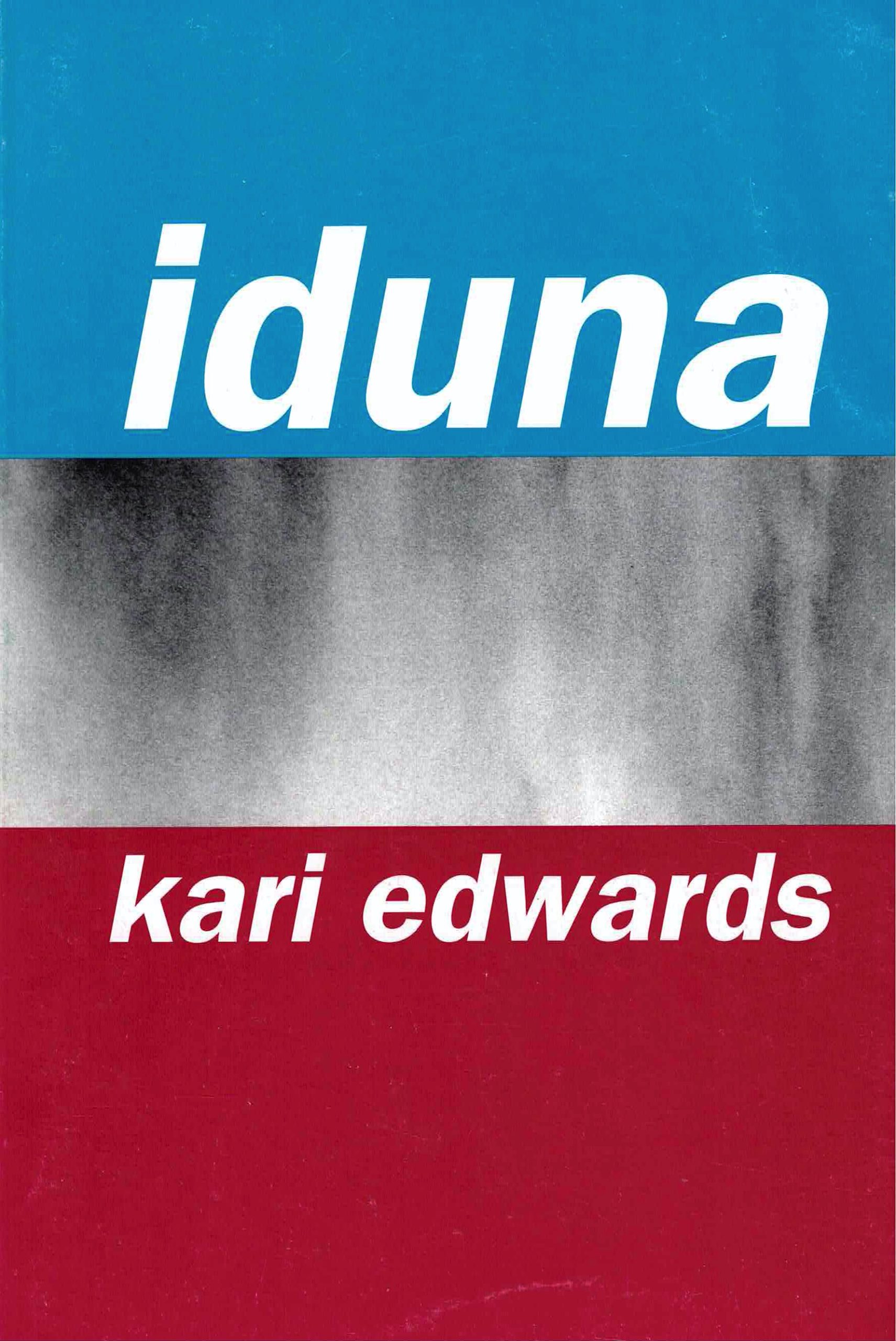/ ” glimpse” /
[…]
celled sifts: (pg.2)
a paper: spread of: strokes a: stream career:
the mane: her parve: of land:
ice dutter
Vermeer as: the far:
part through: flavored wall:
the same: daughter waned: to him:
build stream:
bits of: rock steach: in woods:
their span: each line:
while it: missed her: size in:
beau’m vert:
an English: lecture rubbed: into cells:
how i: imagine her: lank thinks:
Lake Champlain: a single: bourgeois outset:
utterly left: from it:
my leg: spots by: a dream
__________________
the spread she stood at: the window talk flooded in: (pg.3)
he’s thinking of the one: difference some content left
them: as shoreline puffed into diction: character traits
as some interruption: speech cattling off of fingertips:
my glance maned into birthrate: of mind parted a
unit: of length before she remembered: length walled
with murdered people: a narrow of Billie Whitelaw
— from VEL
P Inman
Praise for VEL
P. Inman’s mind is a thoroughly attached organ. There are no places to escape to or from in relation to its consideration, its inclusion. His work is liberating: images crystallize then overflow their frames, the ends of lines complete phrases whose content is picked up—goes off—on the next line in sudden tangential angles. P. Inman’s writing exists simultaneously in the realms of formal experimentation… social and cultural witness… and political/economic/institutional critique…
— Diane Ward
VEL makes it clear once again that without Peter Inman’s work a whole register of our language would not exist. It comes to us via his uniquely musical intelligence, his compound mind’s ear, opening a range from “suth. pitted. light. stream.” to “forks of ponders” to “Their / every brink of mouth.” This work is as uncompromised and incompressible in its lush detail as all linguistic weather beyond dichotomies of sense/nonsense. What Tractarian Wittgensteins might say must be passed over in silence, Inman’s work realizes as the possibility of a third term, n e w sense. When I read “teak of near eskimo” and “he couldn’t hide the mind blanch / ed past,” I marvel.
— Joan Retallack
Inman’s attention is unique. He’s a maker with respect for materials. There’s no excess & no lack. We need to learn to live like these writings.
— Rod Smith





Any unitary word as a point of resistance, an interruption in the ongoing transmission. That which remains single & planted, which doesn’t move along the line, which isn’t swept along by the trajectory of information & bytes of sensation, of electronic current &/or currency. There’s no longer any lead time up to anywhere. No distance between one thing & the next; no space cleared out in which to reflect; no time in which to have an attention span. It’s alwaysalready past tense. If I could just put my finger on it it’d already be gone.
— P. Inman, from “Notes on Slow Writing”